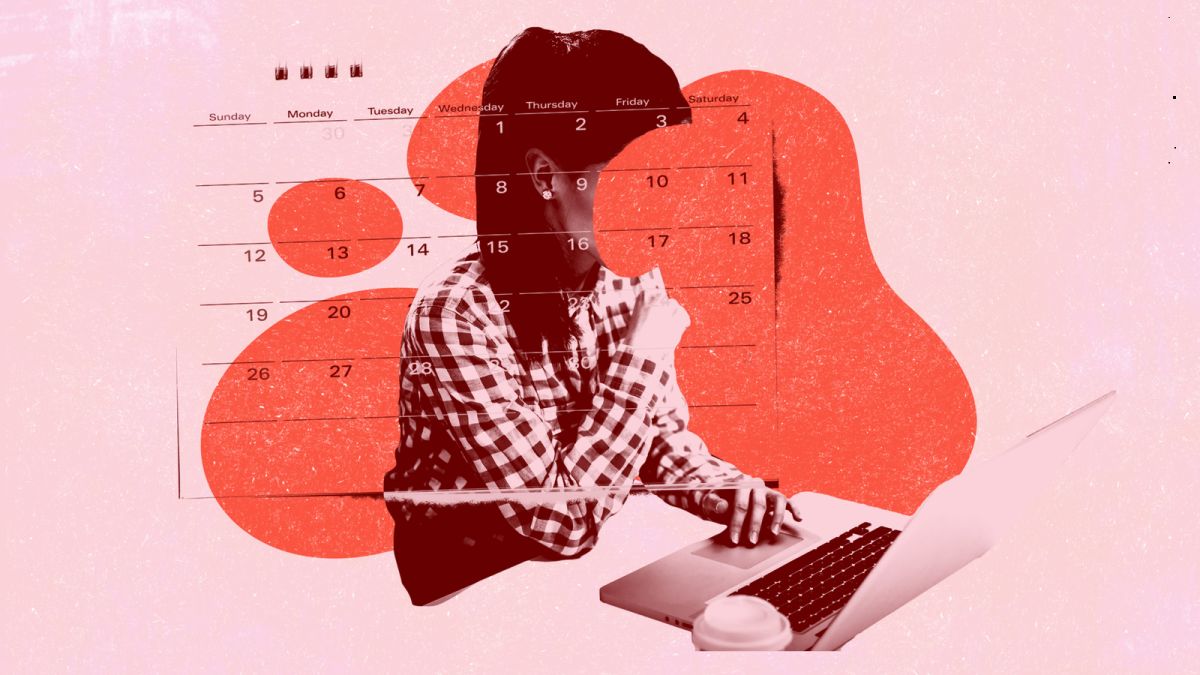A Delhi-based enterprise has lately joined the listing of Indian corporations that provide period leaves to female employees. The enterprise introduced this new policy so that its female employees don’t feel ashamed or stigmatized to speak about menstrual health.

Recreational leave has always been a hot topic in the world of work. Men who dominate workplace discrimination and stereotype women based on differences in their physical anatomy. However, in order to create a safe and inclusive workplace for women, many companies around the world, including some Indian companies, have started offering respite leave. A Delhi-based company has followed in these footsteps and recently announced a recreational leave for its women employees.
Orient Electric, a company dealing in consumer electrical goods, has announced a relaxation leave for all its women employees. The company announced the new policy so that its female employees do not feel ashamed or stigmatized when they talk about their menstrual health or request this leave. With this policy, the company aims to create a diverse and inclusive work environment for all its employees.
This puts the Indian multinational electrical appliance manufacturer in the league of Indian companies such as Swiggy, Zomato and Byju’s, which were among the first to give their employees paid leave during menstruation
Indian companies that offer period leaves
- Orient Electric
- Culture Machine
- Magzter
- Wet and Dry
- Horses Stable News
- IndustryARC
- Zomato
- IVIPANAN
- Jaipurkurti.com
- GoZoop Online Pvt Ltd
- MathruBhumi
- Fly My Biz
- BYJU’S
- Swiggy
Significantly, India is not the only country pushing the need for menstrual leave for its female employees. Countries like Japan, South Korea, Spain, Taiwan, Indonesia and Italy are on the list of countries that have highlighted the need for menstrual leave as part of the leave policy for women employees. Under this policy, women workers have the right to take one or two days off during their menstruation.
It should be noted that the menstrual leave policy is not about special treatment of the opposite sex or isolating menstruators in the workplace. Instead, it acknowledges the physical differences and the idea of changing working standards according to the needs of the employees.
There is little research that addresses the ways in which taking time off from menstruation can be beneficial or detrimental to menstruators in the workplace, but much is known about how gender oppression shapes menstruators’ perceptions.

Recommendation from experts
As researchers explore the dimensions of menstrual leave policies, we recommend a number of considerations.
First, future research needs to be intersectional and attuned to different menstruators and different experiences of menstruation.
Second, the extent to which menstrual leave reinforces the medicalisation of menstruation should be explored. For example, does the presence of menstrual leave policies unintentionally put pressure on menstruators to either medically suppress their cycle or avoid the leave?
Assessing the pros and cons of menstrual leave can serve as a starting point for discussions about workplace culture and adjustment in general. Are sick and parental leave arrangements sufficient? How else can workplaces be designed to accommodate the diverse needs of workers?
It is important to consider whether flexibility can be extended to other stigmatized health conditions (e.g. IBS, mental illness, HIV) so that menstruation policies do not perpetuate discrimination. Pending research findings, companies and organizations that decide to introduce menstrual leave should consider including menstrual discrimination in their anti-discrimination policies and provide relevant training.
For menstrual leave policies to fully benefit the well-being of menstruating women, cultural beliefs and attitudes about menstruation need to change. Menstrual stigma needs to be continually challenged and heteropatriarchal beliefs dismantled. Menstrual break policies will only advance gender equality if implemented in spaces dedicated to combating menstrual stigma and gender oppression.













